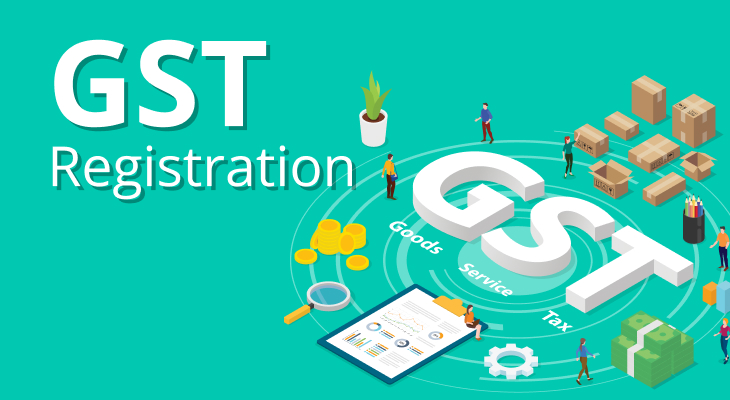Affordable Options for the Best GST Registration Services in Singapore
Affordable Options for the Best GST Registration Services in Singapore
Blog Article
Throughout: The Ultimate Roadmap to GST Enrollment for Companies Seeking Financial Stability
Browsing the complexities of Product and Solutions Tax Obligation (GST) registration is a critical step for companies pursuing financial stability. From recognizing the basic concepts of GST to abiding by post-registration standards, the process can appear intimidating initially glimpse. However, damaging down the roadmap into manageable actions can streamline the registration trip for services seeking to boost their financial standing. Let's check out the vital elements that comprise this best roadmap and find how each stage adds to laying a solid structure for economic success.
Understanding GST Fundamentals
Digging into the basic concepts of Item and Solutions Tax Obligation (GST) is essential for obtaining an extensive understanding of its ramifications on companies and the economic situation. Input Tax Debt (ITC) is a substantial function of GST, allowing businesses to declare debt for tax obligations paid on inputs, minimizing the overall tax worry. Understanding the basics of GST is important for services to comply with tax obligation guidelines, handle their financial resources successfully, and add to the nation's economic development by taking part in a transparent tax obligation system.
Eligibility Requirements for Registration
To sign up for GST, services need to fulfill particular eligibility standards established by the government. The key qualification need is that any kind of business included in the supply of goods or services with an annual aggregate turn over over the threshold limit set by the authorities must sign up for GST. As of the existing regulations, the threshold limit for GST enrollment is an annual accumulation turnover of 40 lakhs for organizations running within a state, with the exception of unique category states where the limitation is 20 lakhs. Additionally, specific organizations are called for to sign up for GST regardless of their turnover, such as interstate distributors, informal taxed individuals, and organizations reliant pay tax obligation under the reverse cost system. It is crucial for services to extensively assess their turn over and purchase types to determine their GST enrollment obligations precisely. Failing to register for GST when eligible can cause fines and lawful repercussions, making it necessary for businesses to follow the defined eligibility criteria.
Documents Needed for Enrollment
Having satisfied the eligibility standards for read review GST registration, organizations have to currently ensure they have the requisite records in area to continue with the registration procedure successfully. The documents required for GST enrollment usually consist of proof of company constitution, such as collaboration deed, registration certificate, or unification certificate for various types of organizations. Furthermore, services need to give records establishing the principal place of company, such as a rental arrangement or electricity bill.
Step-by-Step Registration Refine
Beginning click now the GST enrollment procedure includes a collection of organized steps to ensure a smooth and compliant registration for services. The primary step is to go to the GST portal and fill in the enrollment type with exact details of the company entity. Following this, the candidate gets a Temporary Referral Number (TRN) which is utilized to return to the application process if it's not finished in one go.
Next, all called for records according to the checklist provided by the GST portal need to be published. These records commonly consist of evidence of service registration, address and identity evidence of promoters, economic statements, and company entity's PAN card.

Post-Registration Conformity Guidelines

Conclusion
Finally, services looking for monetary stability must comprehend the basics of GST, fulfill qualification standards, collect needed documents, comply with the step-by-step registration process, and follow post-registration standards - Best GST registration services in Singapore. By adhering to these actions, companies can guarantee conformity with tax obligation regulations and maintain monetary security in the future
In addition, specific companies are needed to register for GST regardless of their turn over, such as interstate vendors, informal taxable individuals, and organizations responsible to pay tax obligation under the reverse cost device.Having fulfilled the eligibility standards for GST registration, companies should now ensure they have the requisite documents in location to continue with the enrollment process successfully. The documents needed for GST registration commonly consist of evidence of business constitution, such as partnership deed, registration certificate, or incorporation certificate for various kinds of services. In addition, organizations need to supply files developing the principal place of company, such as a rental agreement or electricity bill.Beginning the GST enrollment procedure includes a series of structured steps to make sure a certified and seamless registration for companies.
Report this page